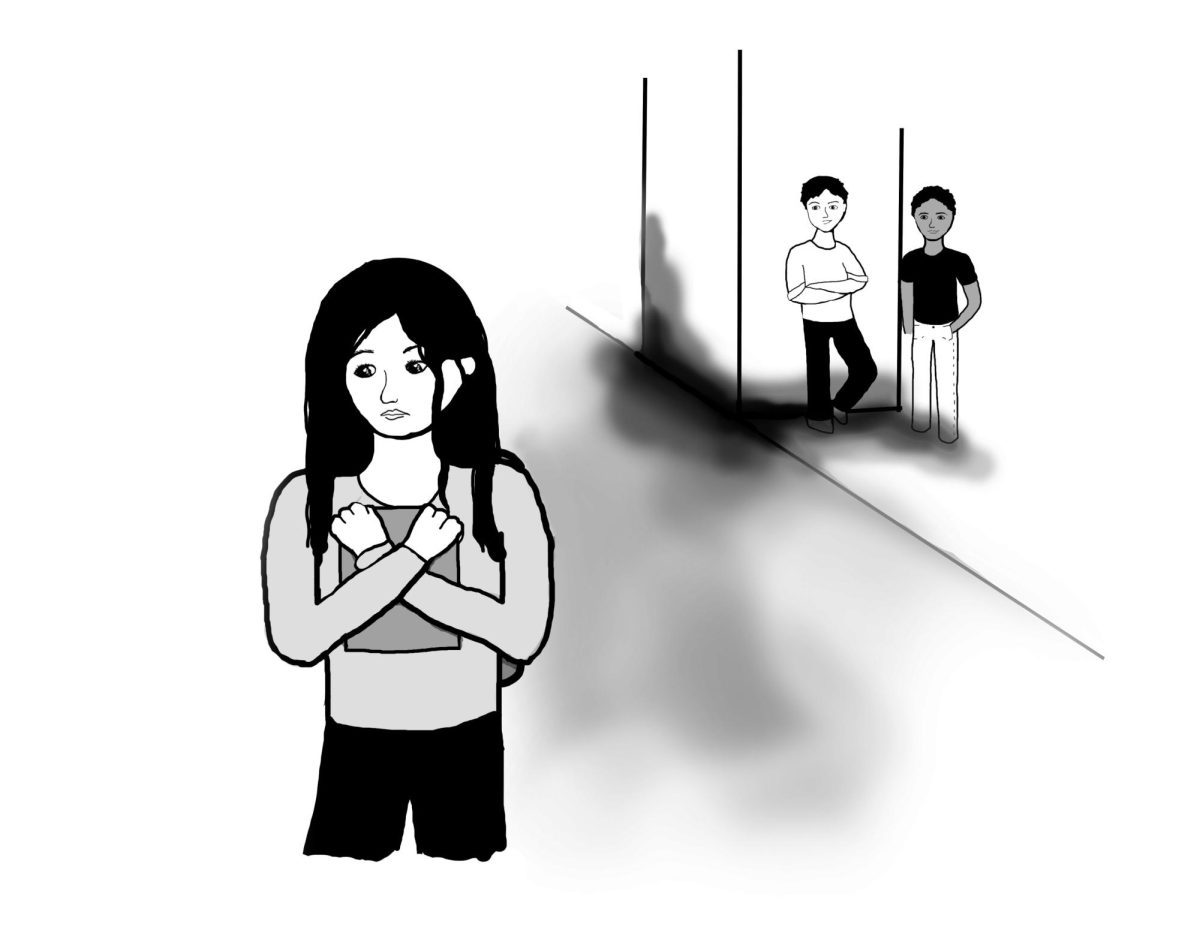I am thankful that I haven’t found a letter from the selective service in my mailbox. Although I would gladly serve in the military if I were called upon to do so, I am glad that I haven’t had to interrupt my life to be shipped out.
The United States military is so strong because it is a volunteer organization whose members believe in its cause. Without this conviction, the military’s strength would evaporate.
I am opposed to the current policy of selective service because it destroys this strength. It has never been more obvious that a minority of individuals could ruin the futures of so many who may or may not support the way that the United States is using its military.
While I am steadfastly opposed to how a draft would presently occur, I am in complete support of mandatory enlistment policy for all United States citizens (both men and women). It is worth fighting for the preservation of the freedoms enjoyed by United States citizens.
I envision a new military where everyone serves for at least two years immediately following high school. The reasons for such a mandatory enlistment policy are endless.
Anyone who has visited a freshman dorm is aware that most 18-year-olds do not exactly have the maturity to make the most of the college experience. There is a lot more to college that sitting in a dorm room hiding from your RA while you get drunk and then going on late night escapades. Enlistment means young adults will have the benefit of developing world experience before attending college.
Requiring all high school graduates to serve will greatly expand the military. The Bureau of Labor Statistics estimates that 2.5 million students graduated from high school in 2006. Thus, the military would grow to over five million troops. This expansion would nearly double the size of the military from 2.7 million currently serving on active duty and in the reserves. Never again would we need to worry about soldiers having to serve back-to-back tours, stretching our forces on the ground to their limits, or being unable to protect U.S. soil while involved in a conflict abroad.
Furthermore, after this new policy has been enacted for four or five years, the memories of going directly to college will fade from high schoolers’ minds. Enlisting will become just what you do after high school.
But quite possibly the most important reason that everyone should have to enlist is that it would provide tangible accountability for those with the power to declare war. Congress could not shirk their responsibility and hand over their war-making powers to the executive branch, as they did in the Iraq war. Moreover, the entire United States population would have a vested interest in how the military is used. We would be involved in many fewer international military excursions if the bar for going to war were raised from an abstract conception of what a war will accomplish to the reality of sending your child or yourself into the conflict.
With a larger military that would likely experience peacetime more often than we currently know, the question becomes what do we do about five million active duty military personnel. This manpower represents an enormous opportunity for the United States to engage in more civil projects: the national trail system could be professionally maintained, search and rescue teams could be on standby at all major recreation areas, a high speed rail network could be added to the U.S. transportation system: the possible accomplishments are unlimited.
The underlying issue is how we could afford such a system. Easy. Don’t pay those serving just their mandatory two years. Instead, waive their college tuition at any state school. Not only would this system encourage a huge increase college enrollment, but it ensures that those now going to school have the maturity to actually fully appreciate the experience. Of course, the greatest savings and benefits we would enjoy would be additional peace.
So perhaps the question shouldn’t be how can we afford a mandatory enlistment system, but rather how can we afford to forgo such a system.









